Welcome to the first post in our multi-part series highlighting the amazing benefits of our high-quality educational program! At Westview, play is not only fun—it’s a vital part of your child’s growth. From infants to preschoolers, sensory activities foster cognitive, emotional, and physical development. Here's how sensory play supports each stage.
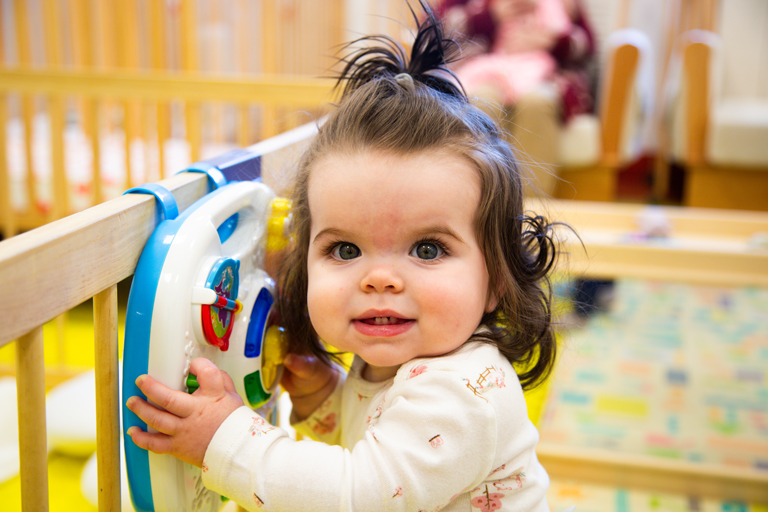
Sensory play introduces babies to textures, sounds, and sights, sparking brain development. Activities like tummy time with colorful toys or fabric exploration help strengthen motor skills and build neural connections. (Source: Early Childhood Education Journal)
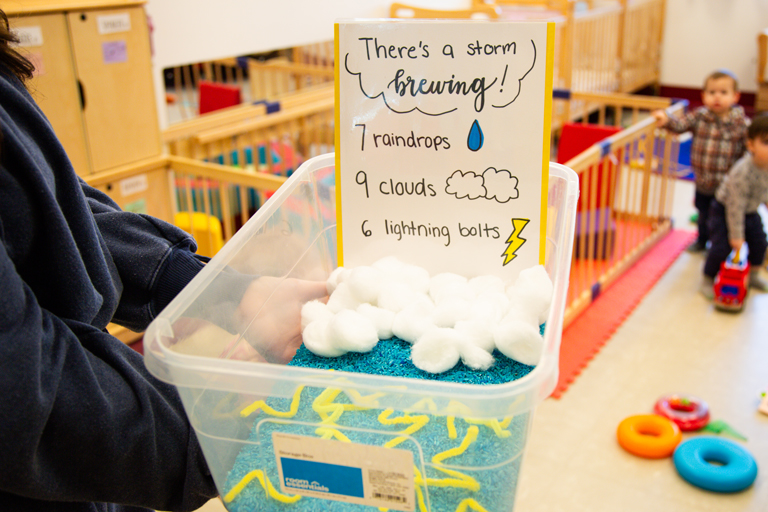
At this stage, sensory play boosts fine motor skills and spatial awareness. Manipulating objects such as playdough or water play enhances hand-eye coordination and encourages problem-solving. (Source: National Association for the Education of Young Children)
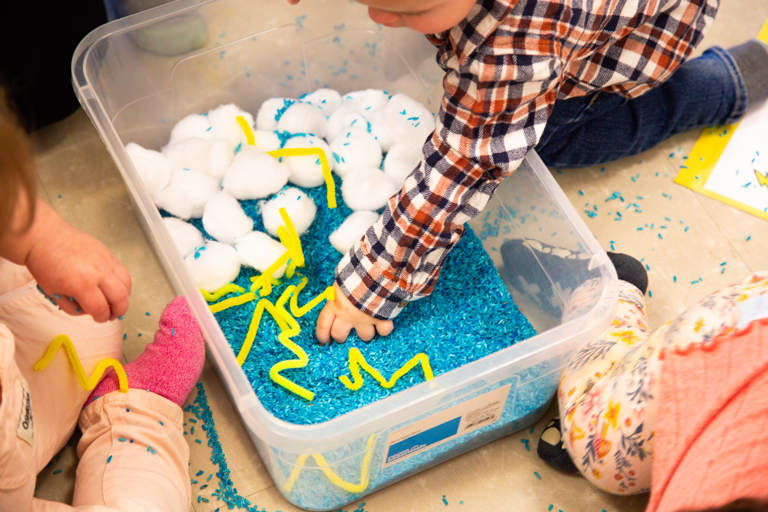
Sensory activities for two-year-olds promote language development and emotional regulation. Playing in sand or engaging in finger painting offers self-expression while refining motor skills and stimulating imagination. (Source: Zero to Three)
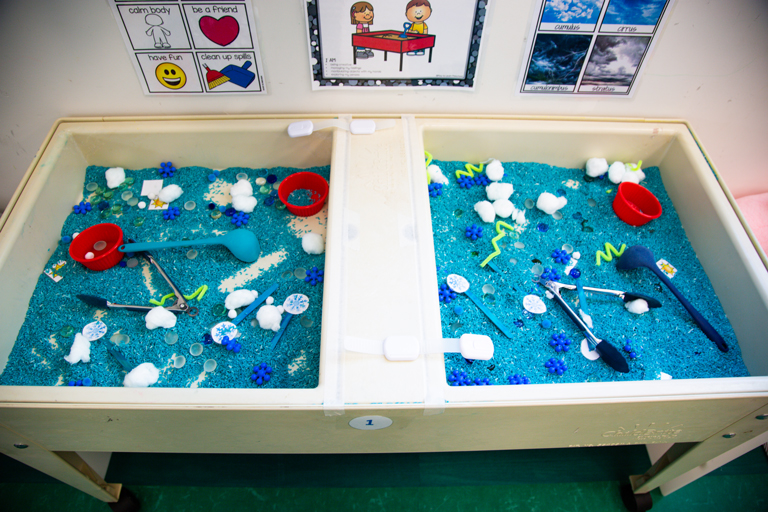
Sensory activities for two-year-olds promote language development and emotional regulation. Playing in sand or engaging in finger painting offers self-expression while refining motor skills and stimulating imagination. (Source: Zero to Three)
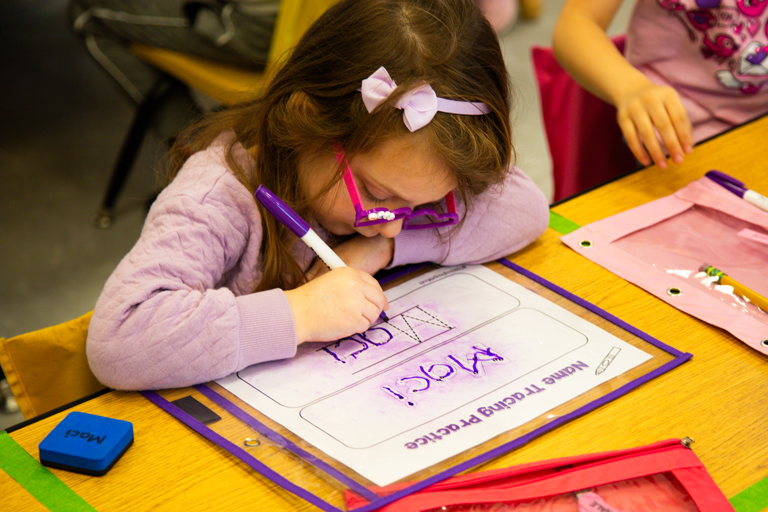
Sensory activities in pre-kindergarten set the stage for academic readiness. They support letter and number recognition, math skills, and fine motor development through writing trays, counting objects, and sensory-based art projects. (Source: Early Childhood Research Quarterly)
At Westview Child Care Center, we provide an enriching environment where children can thrive through sensory exploration.
Stay tuned for more posts in this series as we dive deeper into how each part of our educational program nurtures your child’s growth and learning!
Posted on February 27, 2025
by Katy Holzer